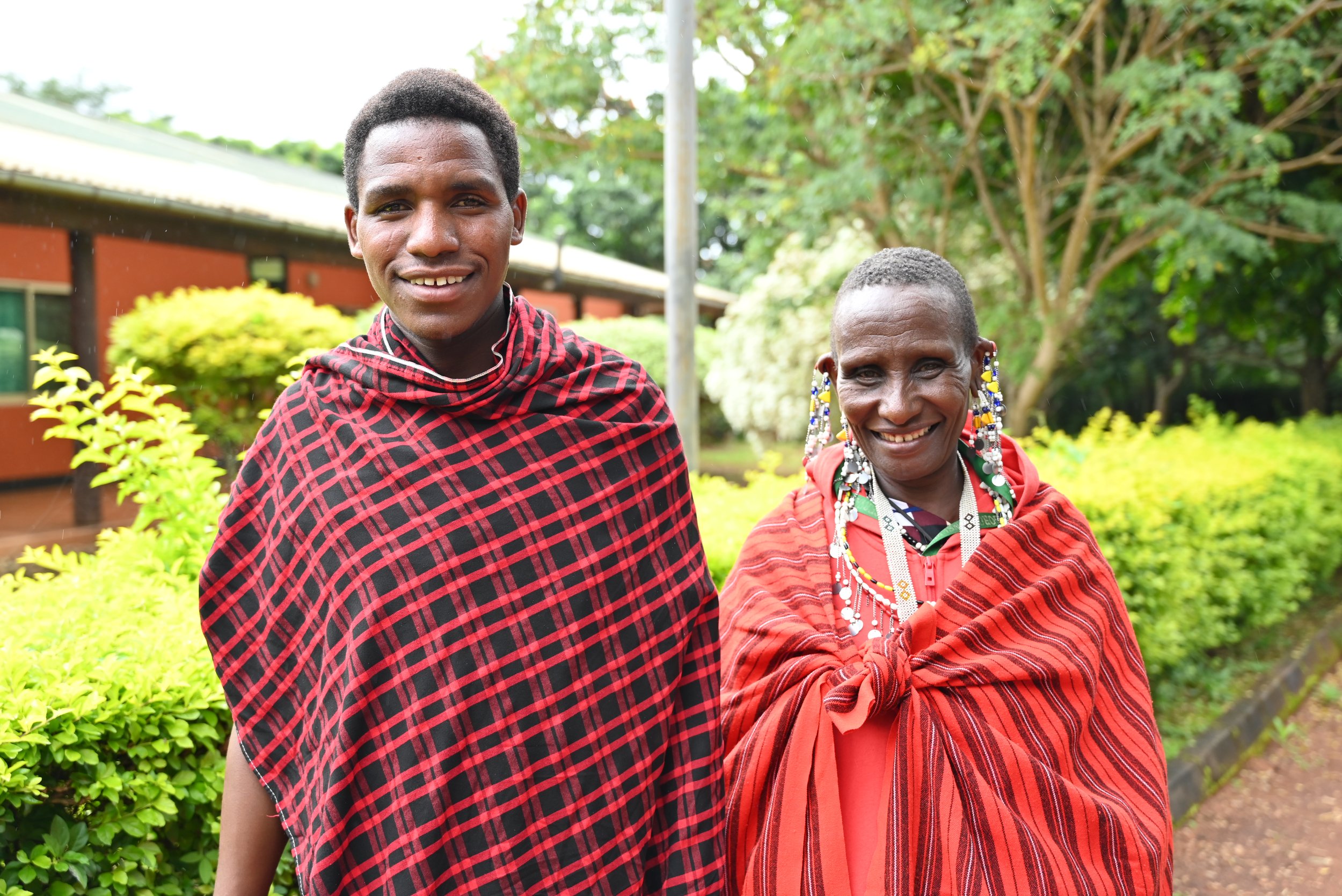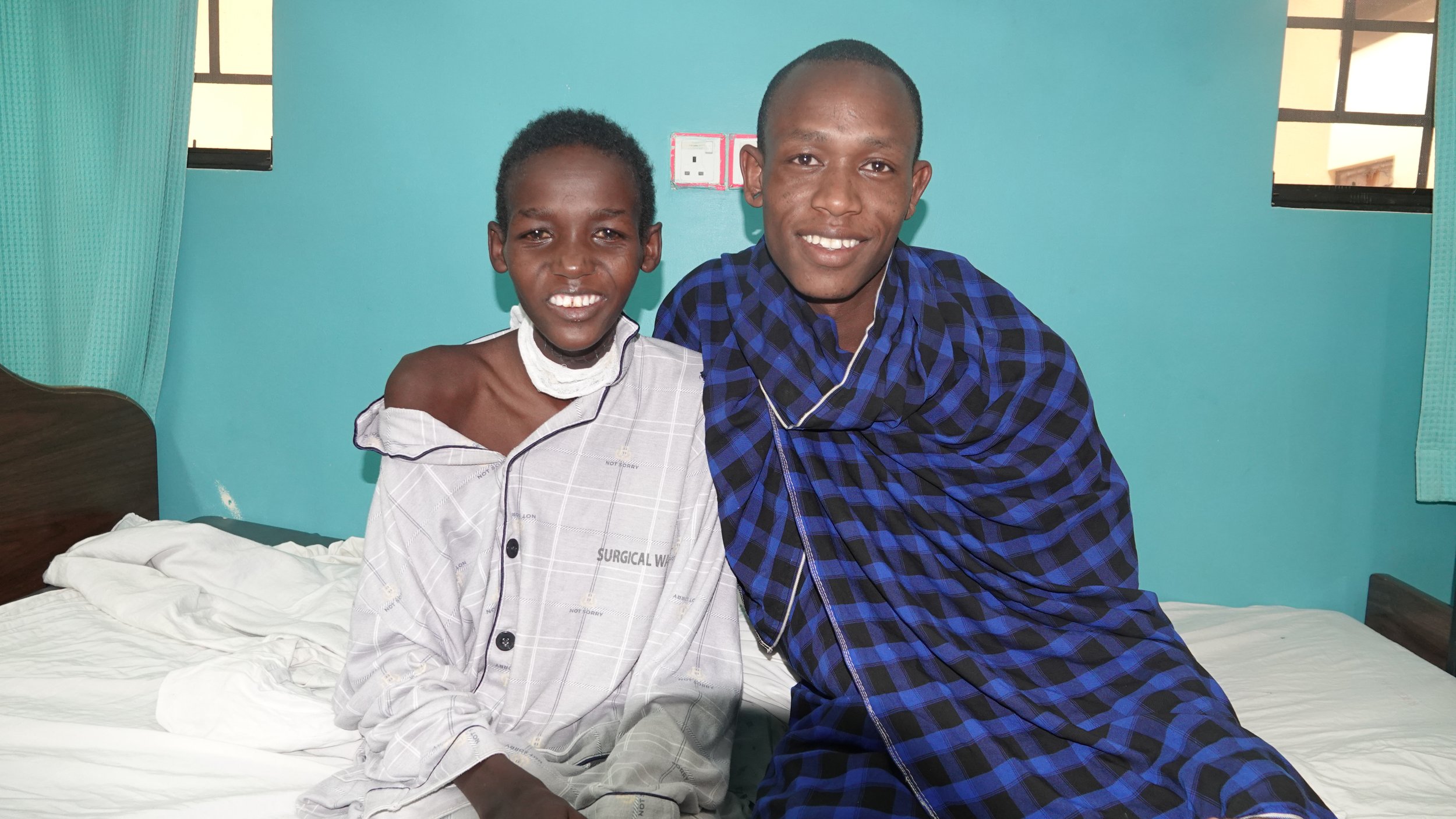When did you first realize you wanted to pursue a career in nursing?
There was a day in my third year of high school when our biology teacher brought a nurse to educate us about various types of worms and their impact on people's health. The nurse explained the causes and effects of worms scientifically and thoroughly. Right there and then, I felt like I wanted to be a healthcare professional.
What was it about that specific encounter that solidified your desire to become a nurse?
The nurse showed us the severe health impacts caused by worms, including the need for surgery and significant health deterioration. I wanted to make a change in my community, where there was little information and awareness about how worms and other preventable diseases could harm people’s health. My interest was sparked by the desire to gain an education that would enable me to help my community. For instance, I initially didn't know about diabetes, but after acquiring knowledge, I assessed my community and found people suffering from diabetes and high blood pressure. This has allowed me not only to nurse people but also to understand the diseases they are suffering from.
Why did you ultimately choose nursing over other medical professions?
Initially, I wanted to be a doctor, but when my high school results came out, I was selected to pursue nursing. I was undecided at first, but during my second year, I realized I was in the right place. I found out that nurses provide over 70% of patient care at the hospital. I grew to love the profession because it allowed me to be close to the patients and give them the care they need.
What aspects of your work as a nurse do you find most fulfilling?
The most fulfilling aspect is being able to serve patients across multiple departments. I have worked in the maternity ward, the theater, the medical ward and the pharmacy. It's the versatility of the profession that I find most rewarding.
How did the COVID-19 pandemic impact your experience as a nurse?
The COVID-19 pandemic was a horrific experience for everyone. My organization's principal response was to acknowledge that we, the caregivers, were at the highest risk of getting infected and dying. They prioritized protecting us, caring for the infected and preventing the spread of infections to the community. The education and necessary precautions and actions taken by FAME gave us the courage to face the situation boldly, allowing us to save many lives. The lesson I have carried with me to date is to always take time to prepare because it is through the preparation that FAME prioritized our well-being as nurses during the pandemic making the whole response a success.
How do you navigate cultural perceptions in the profession?
In today's world, nursing is a profession like any other, and we have moved beyond retrogressive beliefs. For example, doctors were once perceived as male-only, but now we have many capable female doctors. There are still cultural barriers that can hinder caregiving. I have encountered cases where elderly women do not allow me to tend to them, saying, "You are my son, you cannot see my nakedness." However, I have been able to counsel them and help them understand that it is for their well-being. There is a need for more community awareness on this issue.
What do you love most about working in the maternity center as a nurse?
I am passionate about children. Seeing the journey of a premature baby growing into a healthy child is incredibly fulfilling. When parents bring their children for checkups and I get to witness their transformation, it makes me feel grateful. It is especially rewarding when parents remember and bring their children back just to see you and thank you for the services.
If given the chance to do it all over again, would you still choose the nursing profession?
Oh yes, I would give it priority because it's a calling. It is something that allows you to help people. Additionally, the versatility of nursing is precious; a nurse can work in any department within healthcare.






